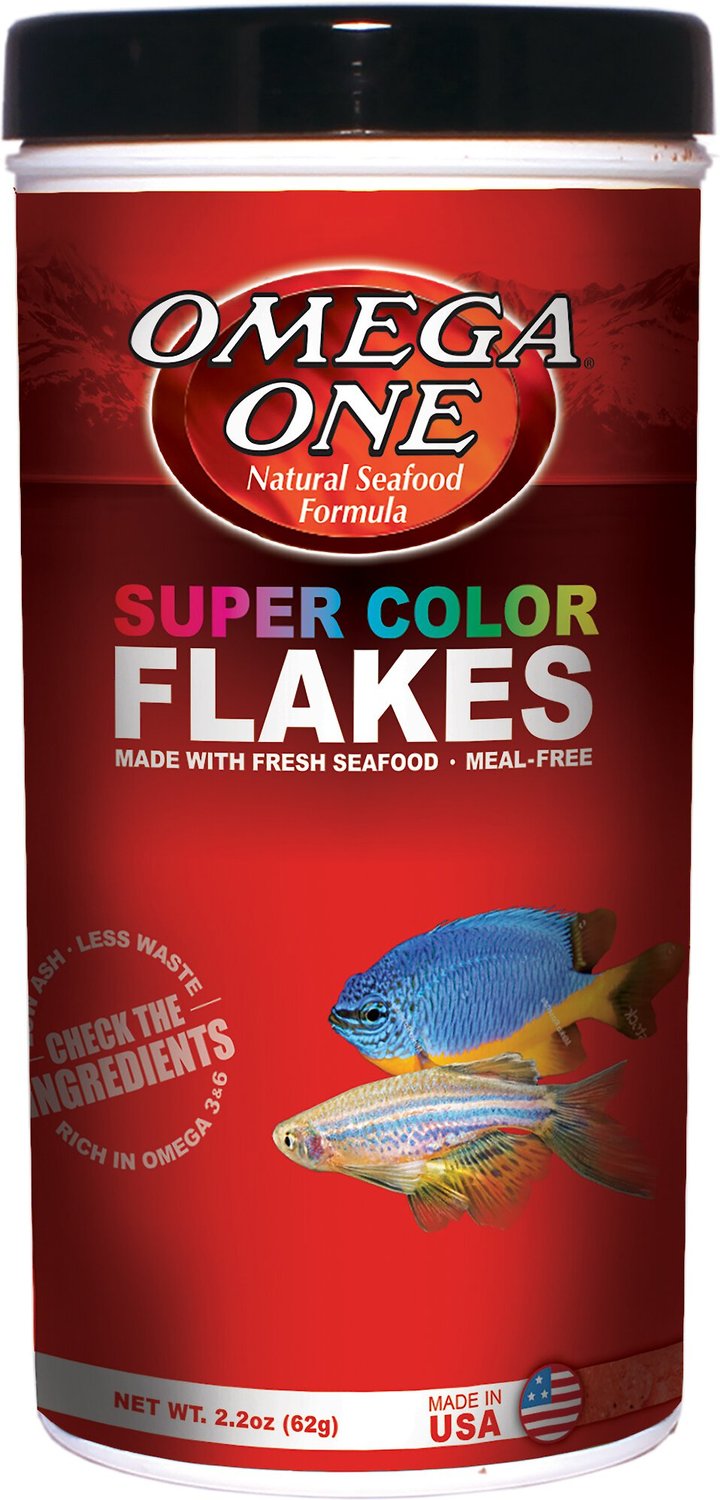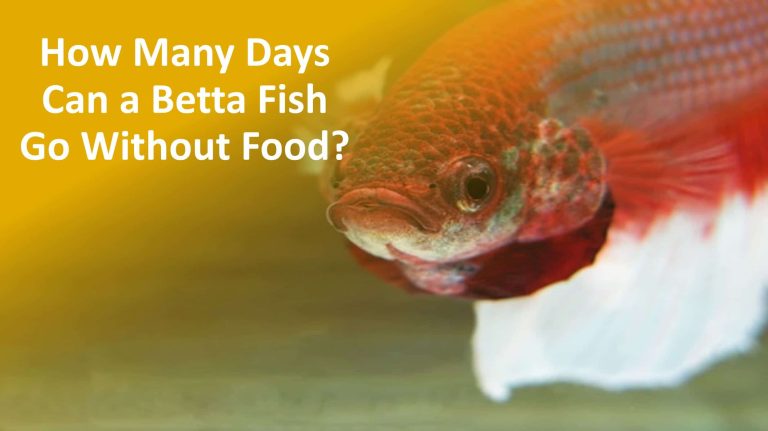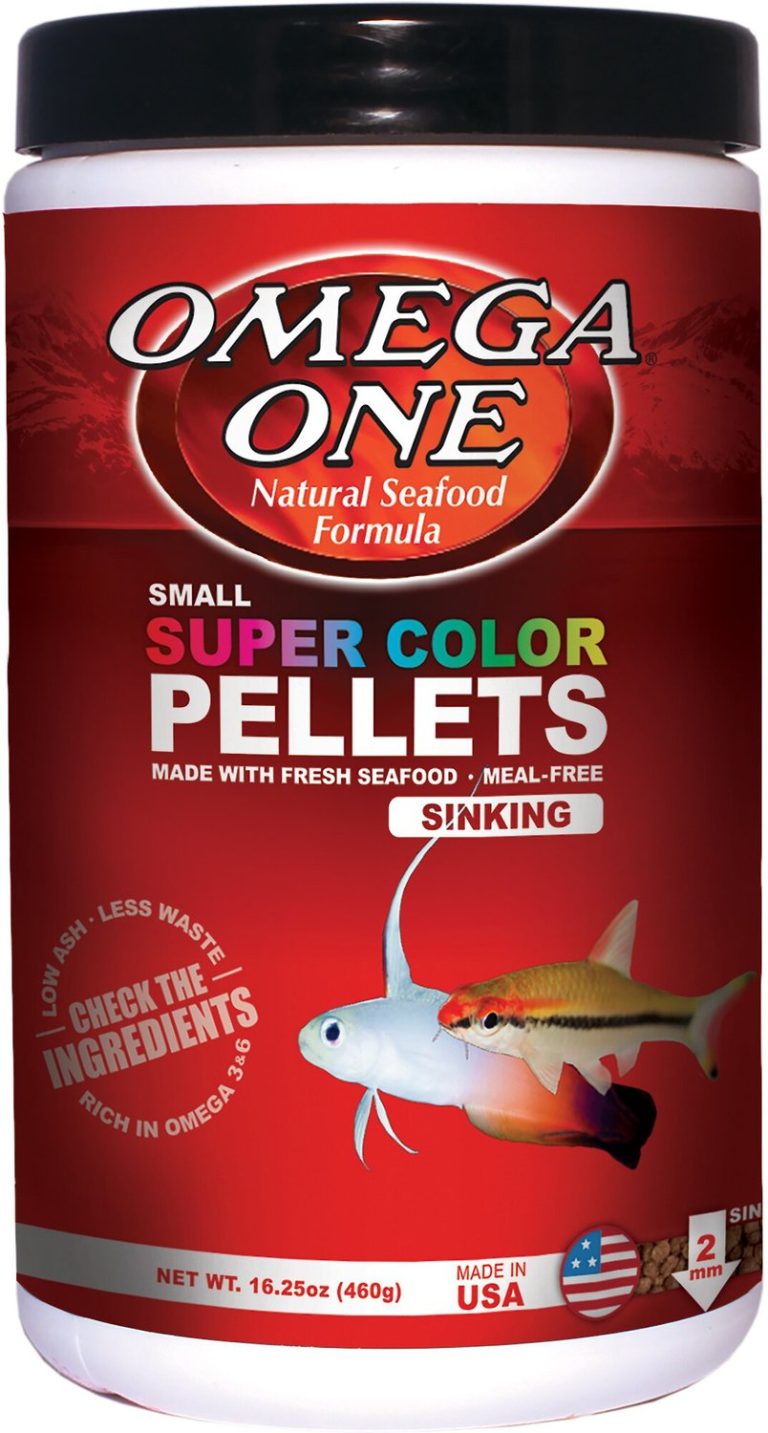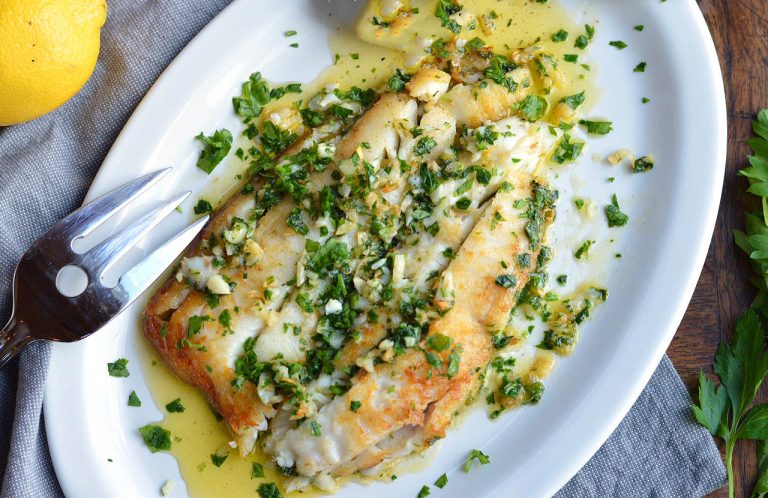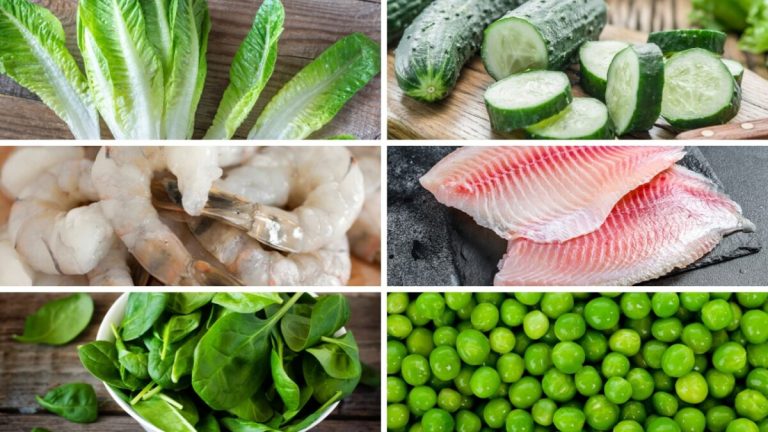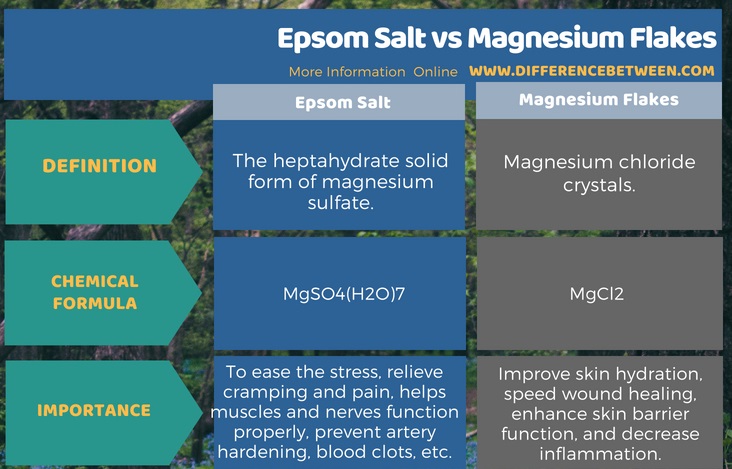Do Fish Get Tired Of The Same Food
Do fish get tired of the same food?
We all know that variety is the spice of life, but does the same rule apply to our fishy friends? Do they get tired of eating the same food every day? It’s a question that many fish owners have pondered, and the answer might surprise you.
The truth is, fish do have preferences when it comes to their food. Just like humans, they can get bored if they are fed the same thing over and over again. However, unlike us, fish have very specialized diets and limited taste buds. So, while they may not get “tired” in the same way we do, they can still benefit from a varied diet.
Why Variety Matters
Fish are opportunistic feeders, meaning they will eat whatever food is readily available to them. In the wild, their diet consists of a wide range of foods including insects, plants, and smaller fish. This diverse diet provides them with the necessary nutrients to stay healthy and thrive.
In captivity, fish are often fed a diet of commercial fish flakes or pellets. While these foods are nutritionally balanced, they can lack the variety that fish would naturally consume in the wild. By providing a varied diet, you can mimic their natural feeding habits and ensure they receive a wider range of nutrients.

The Role of Nutrients
Fish, just like humans, require a variety of nutrients to stay healthy. These include proteins, carbohydrates, fats, vitamins, and minerals. Each nutrient serves a specific function in the fish’s body, and a lack of any one nutrient can lead to health problems.
Different types of foods contain different nutrients. For example, insects and small fish are high in protein, while plants provide essential vitamins and minerals. By offering a variety of foods, you can ensure that your fish are getting all the nutrients they need for optimal health.
Stimulating the Senses
In addition to providing essential nutrients, a varied diet can also stimulate your fish’s senses. Just like us, fish can become bored with monotony. By offering different types of food, you can keep their meals interesting and engaging.
Different foods have different tastes, textures, and smells. Introducing new foods to your fish can provide them with mental stimulation and prevent them from becoming bored or disinterested in their meals. This can also prevent overeating, as fish may eat more when they are bored or unstimulated.
How to Provide a Varied Diet
Now that we know why variety is important for fish, how can we ensure they are getting a diverse diet? Here are a few tips to keep in mind:
1. Offer a mix of flakes, pellets, and frozen foods: Commercial fish flakes or pellets should still make up the majority of your fish’s diet as they are nutritionally balanced. However, you can supplement their diet with frozen foods such as brine shrimp, bloodworms, or daphnia. These frozen foods provide different textures and flavors that can keep your fish engaged.
2. Incorporate fresh vegetables: Many fish species, such as herbivorous ones, benefit from having some fresh vegetables in their diet. Options like blanched spinach or cucumber slices can add variety and extra nutrients to their meals.
3. Rotate food types: Rather than feeding the same food every day, try rotating between different types of flakes or pellets. This will provide some variety in flavor and texture, keeping your fish interested in their meals.
4. Pay attention to individual preferences: Some fish may have specific preferences when it comes to food. Pay attention to what your fish seems to enjoy and incorporate those foods into their diet regularly. This can include live or frozen foods such as brine shrimp or blackworms.
5. Avoid overfeeding: While variety is important, it’s also crucial not to overfeed your fish. Overfeeding can lead to health issues such as obesity and poor water quality. Be mindful of the recommended feeding portions and adjust accordingly based on your fish’s size and activity level.
Frequently Asked Questions
Q: Can I feed my fish human food?
While some human foods may be safe for fish, it is generally not recommended to feed them anything other than specially formulated fish food. Human food can contain additives, preservatives, and ingredients that may be harmful to fish. Stick to a diet specifically designed for fish to ensure their health and well-being.
Q: How often should I feed my fish?
The frequency of feeding will depend on the specific species of fish you have. Generally, it is best to feed smaller amounts multiple times a day, rather than one large feeding. This ensures that the fish can consume all the food without it being left to decompose in the water, which can lead to poor water quality.
Q: Can I feed my fish live food?
Many fish species, especially carnivorous ones, can benefit from occasional live food in their diet. Live foods provide stimulation and enrichment for fish, and also help replicate their natural diet. However, it is important to ensure that any live food you offer is of high-quality and free from parasites or diseases.
Final Thoughts
While fish may not get tired of the same food in the same way humans do, they can still benefit from a varied diet. By offering a mix of flakes, pellets, frozen foods, and fresh vegetables, you can provide your fish with the nutrients they need while keeping their meals interesting and engaging. Remember to pay attention to individual preferences and avoid overfeeding. A happy and well-fed fish will reward you with vibrant colors and a healthy appetite.

